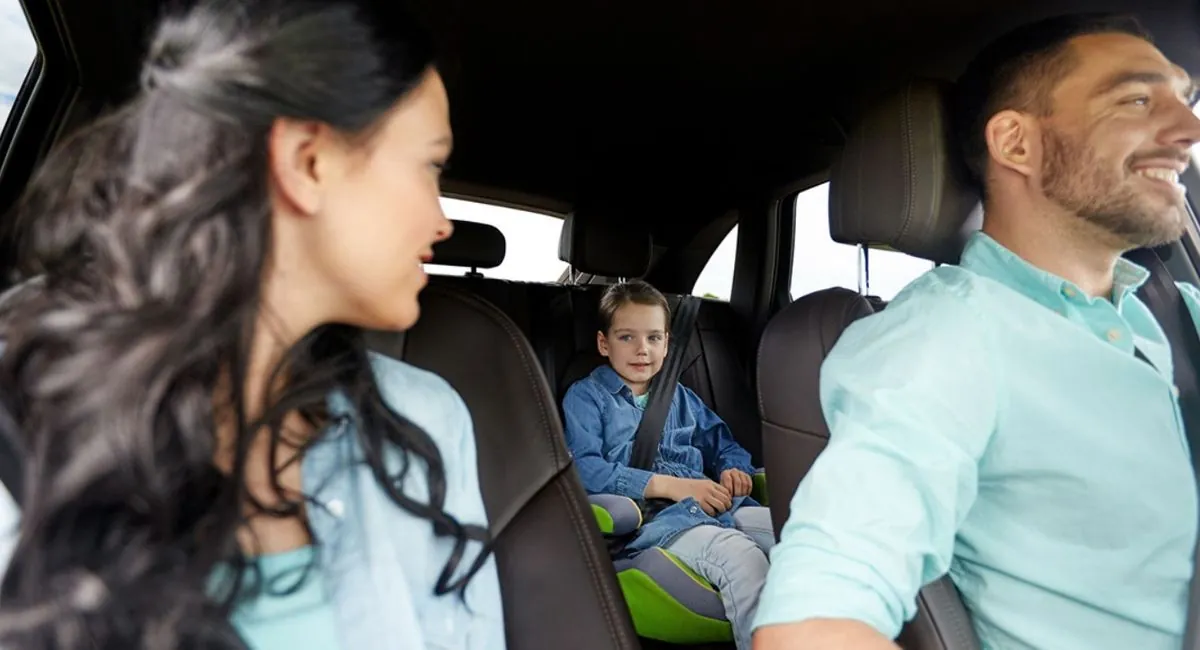Automakers are switching to programmatic recalls en masse: what's going on
Kyiv • UNN
The number of recalls due to software in cars has increased from 6% to 15% over the past 5 years. Tesla, Ford, and other manufacturers are increasingly relying on software updates to improve the functionality of cars.

Automakers face problems with software updates, which delays progress in the industry.
This was reported by the Financial Times and UNN.
Details
Every year, automotive companies rely more and more on software to improve the functionality of their models.
At the same time, they face numerous difficulties related to system upgrades, which delay the process of fixing bugs and making improvements.
According to the U.S. National Highway Traffic Safety Administration, software fixes accounted for 15 percent of recalls in the U.S. last year, up from 6 percent five years ago.
BMW's three software recalls in the United States last year were ahead of many competitors, according to NHTSA data.
Ford had the most reviews - 19, followed by Chrysler.
At Tesla, 50 percent of the 16 recalls required software fixes. This is not surprising given that electric vehicles rely much more on software and have fewer parts than internal combustion engines.
But feedback data is only part of a larger software problem. Automakers, like mobile operators, regularly use updates to improve existing features and sell new services to existing customers. For example, Tesla was one of the first to offer regular over-the-air updates and paid subscriptions to its Autopilot self-driving system.

Most manufacturers offer regular updates that cover everything from interior lighting modes and improved battery life to vital security changes.
In the past, you could build a car, shrink-wrap it, and sell it. Nowadays, a car is a living platform. Companies are learning on the go
Older automakers are having a harder time than their newer competitors. When Gartner ranked automakers last year based on their digital performance, the top seven included all Chinese and American electric car manufacturers, including Rivian, Tesla, and Nio, while traditional manufacturers received an average score of 33 out of 100.
Software problems have delayed recent launches at Volvo and General Motors, among others. Volkswagen's management became so frustrated with its own software development that last summer it signed a $5 billion cooperation agreement with Rivian.
With more and more automakers now offering gorgeous screens and infotainment systems in their cars, and with the technology of electric vehicles improving, automakers will have to find new ways to differentiate themselves from their competitors.
Software updates are also a source of revenue. Accenture estimates that by the 2040s, digital services could generate up to $3.5 trillion annually for automakers, or 40% of total revenues, up from 3% today. Opportunities range from upgrades to heated seats, self-parking, to allowing drivers to purchase food, fuel, or premium entertainment directly from the car.
Recall
Tesla reported a decline in annual sales in 2024 to 1.79 million vehicles compared to 1.81 million in 2023. The drop is attributed to increased competition from Chinese and European manufacturers.